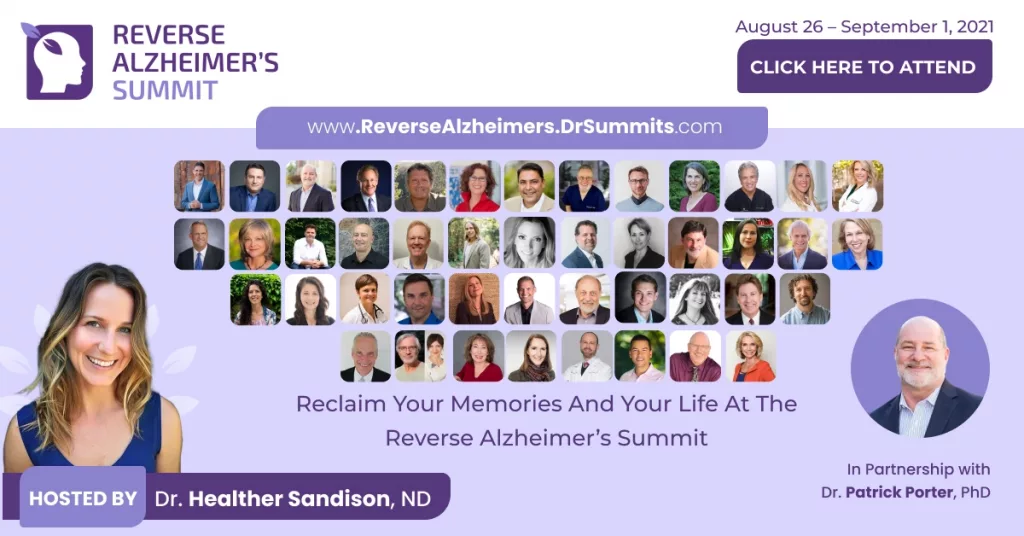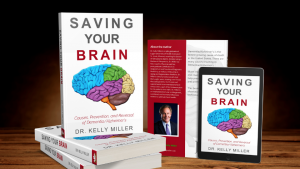What is causing your brain from relaxing?
1. The Dopamine rush
Dopamine is a major neurotransmitter that activates the brain’s pleasure and reward centers. It plays a huge role in motivation, mood, and zest for life. Self-medicating with sugar, caffeine, drugs, gambling, and all kinds of thrill-seeking behavior will boost dopamine, but it’s also self-destructive.
Some people with low levels of the neurotransmitter dopamine, which is commonly seen in ADHD patients, tend to be excitement-seeking and conflict-driven. For these people, relaxing is just another word for boring. Big thrills—whether they come from bungee jumping, taking a spontaneous road trip, or even having an argument—boost dopamine in the brain.
Foods rich in sulfur compounds help boost glutathione levels which are essential for optimal mental health, as well as the release of dopamine. So, add some collards, brussels sprouts, cabbage, cauliflower, kale and chard into your diet. If you’re a fan of flavor, you’ll have no problem adding some foods from the alium family into your diet. A healthier option to boost dopamine to reduce the need to seek excitement or conflict. You can increase the neurotransmitter naturally by eating a higher-protein, lower-carbohydrate diet and taking nutritional supplements like green tea, rhodiola, and ginseng.
2. An overactive emotional brain
When the brain’s emotional centers and fear centers are overactive, it can be associated a range of anxious behaviors. If you have this common brain pattern, you may stay busy as a way to distract yourself from your anxious thoughts and feelings of hopelessness. When the world calms down around you, it’s like those worries and depressed moods come into sharper focus.
Aside from practicing mindful activities as yoga, breath work, and stretching. We suggest taking calming supplements that control your emotional and fear centers of the brain. Some supplements include saffron, omega-3 fatty acids, and GABA. Bright light therapy and the scent of lavender may also help.
3. Your sympathetic nervous system is stuck in overdrive.
Our sympathetic nervous system (SNS) is the fight-or-flight response that makes us feel anxious and afraid. Our parasympathetic nervous system (PNS) is the relaxation response that counterbalances the SNS and helps us calm down after a heart-pounding incident. When the nervous system is healthy, they work in concert to help us manage stress. Chronic stress can interfere with your body’s system to heal and recover. Post Traumatic Stress Disorder (PTSD) can make you feel restless, anxious, hyper aroused, and sleepless. If this is the case, even when you try to relax, you aren’t able to shake off those feelings.
What are some ways to calm an overactive nervous system? Some ways to keep the sympathetic nervous system from becoming overactive or excessive include lifestyle changes, such as meditation, yoga, Tai Chi, or other forms of mild to moderate exercise. Various exercises can train the sympathetic nervous system not to become overactive and may also be good stress reducers. We suggest meditation exercises in the morning, guided imagery, diaphragmatic breathing are great ways to calm the nervous system. We highly recommend Brain Tap to synchronize the brain to it’s natural state.
Anxiety, depression, PTSD, and other mental health issues can’t wait. At Saving Your Brain, we’re here for you. We offer in-clinic brain training programs, as well as mental telehealth, and therapy for adults, teens, and children. Learn more by speaking to a brain specialist today at (813) 985-5190. You can also contact us via email at info@savingyourbrain.com.
Upcoming Brain Summits
Interested in learning more about the Brain and our upcoming FREE events at Saving Your Brain? Get free educational ebooks and learn from top brain experts on August 26 thru Sept 1. Register now and get access to experts that dive into the cause of many brain issues. Register now here.



